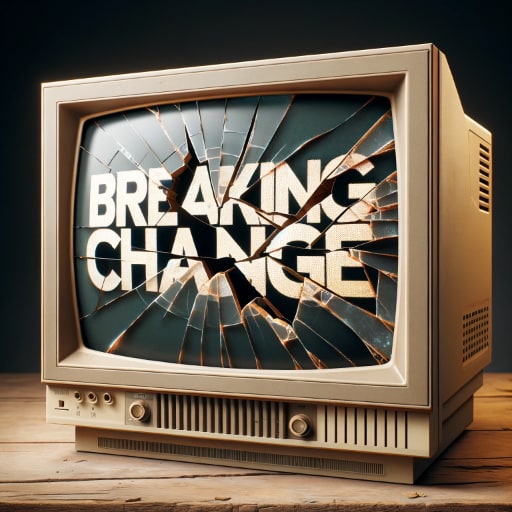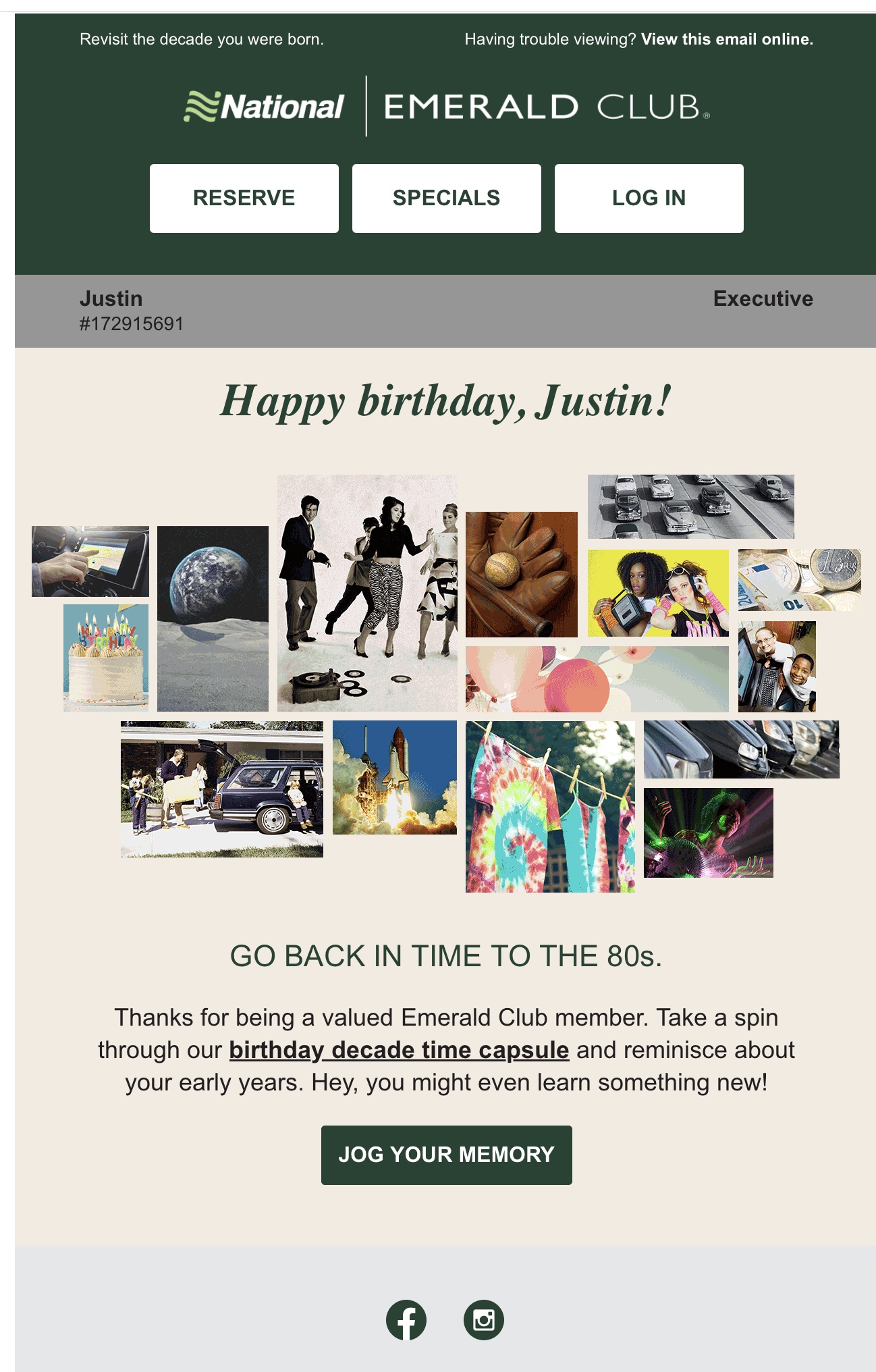A real-world example of a Mocktail test
A few years ago, I wrote this test double library for Ruby called Mocktail. Its README provides a choose-your-own-adventure interface as well as full API documentation, but it doesn't really offer a way to see a test at a glance—and certainly not a realistic one.
Since I just wrote my first test with Mocktail in a while, I figured I'd share it here for anyone who might have bounced off Mocktail's overly cute README or would otherwise be interested in seeing what an isolated unit test with Mocktail looks like.
Today I'm writing a class that fetches an Atom feed. It has three jobs:
- Respect caching and bail out if the feed hasn't been updated
- Parse the feed
- Persist the feed entries (and updated caching headers)
There is an unspoken fourth job here: coordinate these three tasks. The first class I write will be the orchestrator of these other three, which means its only job is to identify and invoke the right dependencies the right way under a given set of conditions.
So we can focus on the tests, I'll spare you the test-driven development play-by-play and just show you the code that will pass the tests we're going to write:
class FetchesFeed
def initialize
@gets_http_url = GetsHttpUrl.new
@parses_feed = ParsesFeed.new
@persists_feed = PersistsFeed.new
end
def fetch(feed)
response = @gets_http_url.get(feed.url, headers: {
"If-None-Match" => feed.etag_header,
"If-Modified-Since" => feed.last_modified_header
}.compact)
return if response.code == 304 # Unchanged
parsed_feed = @parses_feed.parse(response.body)
@persists_feed.persist(
feed,
parsed_feed,
etag_header: response.headers["etag"],
last_modified_header: response.headers["last-modified"]
)
end
end
As you can see, this fits a certain idiosyncratic style that I've been practicing in Ruby for a long-ass time at this point:
- Lots of classes who hold their dependencies as instance variables, but zero "unit of work" state. Constructors only set up the object to do the work, and public methods perform that work on as many unrelated objects as needed
- Names that put the verb before the noun. By giving the verb primacy, as the system grows and opportunities for reuse arise, this encourages me to generalize the direct object of the class via polymorphism as opposed to generalizing the core function of the class, violating the single-responsibility principle (i.e.
PetsDog may evolve into PetsAnimal, whereas DogPetter is more likely to evolve into a catch-all DogManager)
- Pretty much every class I write has a single public method whose name is the same as the class's verb
- I write wrapper classes around third-party dependencies that establish a concrete contract so as to make them eminently replaceable. For starters,
GetsHttpUrl and ParsesFeed will probably just delegate to httparty and Feedjira, but those wrappers will inevitably encapsulate customizations in the future
If you write code like this, it's really easy to write tests of the interaction without worrying about actual HTTP requests, actual XML feeds, and actual database records by using Mocktail.
Here's my first test, which assumes no caching headers are known or returned by a feed. I happen to be extending Rails' ActiveSupport::TestCase here, but that could just as well be Minitest::Test or TLDR:
require "test_helper"
class FetchesFeedTest < ActiveSupport::TestCase
setup do
@gets_http_url = Mocktail.of_next(GetsHttpUrl)
@parses_feed = Mocktail.of_next(ParsesFeed)
@persists_feed = Mocktail.of_next(PersistsFeed)
@subject = FetchesFeed.new
@feed = Feed.new(
url: "http://example.com/feed.xml"
)
end
def test_fetch_no_caching
stubs {
@gets_http_url.get(@feed.url, headers: {})
}.with { GetsHttpUrl::Response.new(200, {}, "an body") }
stubs { @parses_feed.parse("an body") }.with { "an parsed feed" }
@subject.fetch(@feed)
verify {
@persists_feed.persist(
@feed, "an parsed feed",
etag_header: nil, last_modified_header: nil
)
}
end
end
Here's the Mocktail-specific API stuff going on above:
- Mocktail.of_next(SomeClass) - pass a class to this and you'll get a fake instance of it AND the next time that class is instantiated with
new, it will return the same fake instance. This way, the doubles we're configuring in our test are the same as the ones the subjects' instance variables are set to in its constructor
- stubs {…}.with {…} - call the dependency exactly as you expect the subject to in the first block and, if it's called in a way that satisfies that stubbing, return the result of the second block
- verify {…} - call a dependency exactly as you expect it to be invoked by the subject, raising an assertion failure if it doesn't happen
You'll note that this test adheres to the arrange-act-assert pattern, in which first setup is performed, then the behavior being tested is invoked, and then the assertion is made. (Sounds obvious, but most mocking libraries violate this!)
Kicking the complexity up a notch, next I added a test wherein caching headers were known but they were out of date:
def test_fetch_cache_miss
@feed.etag_header = "an etag"
@feed.last_modified_header = "an last modified"
stubs {
@gets_http_url.get(@feed.url, headers: {
"If-None-Match" => "an etag",
"If-Modified-Since" => "an last modified"
})
}.with {
GetsHttpUrl::Response.new(200, {
"etag" => "newer etag",
"last-modified" => "laster modified"
}, "an body")
}
stubs { @parses_feed.parse("an body") }.with { "an parsed feed" }
@subject.fetch(@feed)
verify { @persists_feed.persist(@feed, "an parsed feed", etag_header: "newer etag", last_modified_header: "laster modified") }
end
This is longer, but mostly just because there's more sludge to pass through all the tubes from the inbound argument to each dependency. You might also notice I'm just using nonsense strings here instead of something that looks like a real etag or modification date. This is intentional. Realistic test data looks meaningful, but these strings are not meaningful. Meaningless test data should look meaningless (hence the grammar mistakes). If I see an error, I'd like to know which string I'm looking at, but I want the test to make clear that I'm just using the value as a baton in a relay race: as long as it passes an equality test, "an etag" could be literally anything.
The last test is easiest, because when there's a cache hit, there won't be a feed to parse or persist, so we can just bail out. In fact, all we really assert here is that no persistence call happens:
def test_fetch_cache_hit
@feed.etag_header = "an etag"
@feed.last_modified_header = "an last modified"
stubs {
@gets_http_url.get(@feed.url, headers: {
"If-None-Match" => "an etag",
"If-Modified-Since" => "an last modified"
})
}.with { GetsHttpUrl::Response.new(304, {}, nil) }
assert_nil @subject.fetch(@feed)
verify_never_called { @persists_feed.persist }
end
Note that verify_never_called doesn't ship with Mocktail, but is rather something I threw in my test helper this morning for my own convenience. Regardless, it does what it says on the tin.
Why make sure PersistsFeed#persist is not called, but avoid making any such assertion of ParsesFeed? Because, in general, asserting that something didn't happen is a waste of time. If you genuinely wanted to assert every single thing a system didn't do, no test would ever be complete. The only time I bother to test an invocation didn't happen is when an errant call would have the potential to waste resources or corrupt data, both of which would be risks if we persisted an empty feed on a cache hit.
To setup Mocktail in the context of Rails the way I did, once you've tossed gem "mocktail" in your Gemfile, then sprinkle this into your test/test_helper.rb file:
module ActiveSupport
class TestCase
include Mocktail::DSL
teardown do
Mocktail.reset
end
def verify(...)
assert true
Mocktail.verify(...)
end
def verify_never_called(&blk)
verify(times: 0, ignore_extra_args: true, ignore_arity: true, &blk)
end
end
end
Here's what each of those do:
include Mocktail::DSL simply lets you call stubs and verify without prepending Mocktail.- Mocktail.reset will reset any state held by Mocktail between tests, which is relevant if you fake any singletons or class methods
verify is overridden because Rails 7.2 started warning when tests lacked assertions, and it doesn't recognize Mocktail.verify as an assertion (even though it semantically is). Since Rails removed the configuration to disable it, we just wrap the method ourselves with a dummy assert true to clear the errorverify_never_called is just shorthand for this particular convoluted-looking configuration of the verify method (times asserts the exact number times something is called, ignore_extra_args will apply to any invocations with more args than specified in the verify block, and ignore_arity will suppress any argument errors raised for not matching the genuine method signature)
I am biased about a lot of things, but I'm especially biased when it comes to test doubles, so I'm unusually cocksure when I say that Mocktail is the best mocking library available for Ruby. There are lots of features not covered here that you might find useful. And there are a lot of ways to write code that aren't conducive to using Mocktail (but those code styles aren't conducive to writing isolation tests at all, and therefore shouldn't be using any mocking library IMNSHO).
Anyway, have fun playing with your phony code. 🥃





